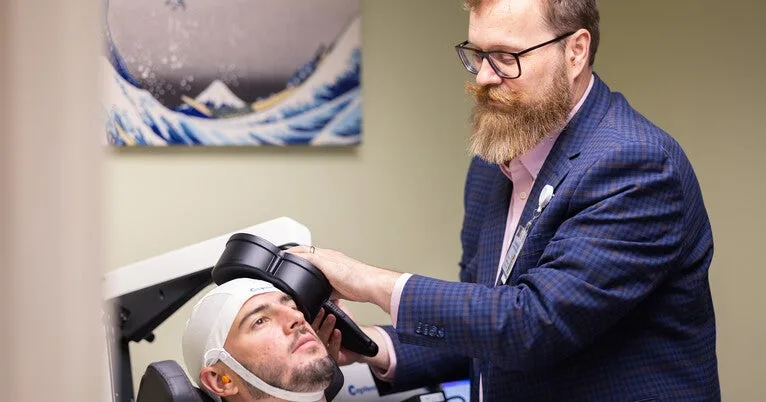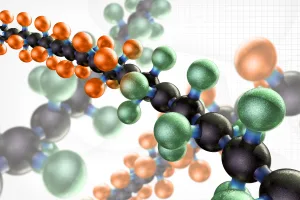Yale Scientist Explores TMS Therapy for Addiction Treatment
A groundbreaking study is underway at Yale University, where neuroscientist Vaughn R. Steele is dedicating his summer to investigating the potential of transcranial magnetic stimulation (TMS) as a treatment for individuals grappling with alcohol and opioid addiction.
What is Transcranial Magnetic Stimulation (TMS)?
TMS is a non-invasive procedure that uses magnetic fields to stimulate nerve cells in the brain. It has already shown promise in treating depression and other neurological conditions. Now, researchers are exploring its effectiveness in combating addiction.
The Focus of the Yale Study
Steele’s research aims to determine if TMS can reduce cravings and withdrawal symptoms in people struggling with alcohol and opioid dependence. By targeting specific areas of the brain associated with addiction, TMS may offer a new avenue for treatment and recovery.
Potential Benefits of TMS for Addiction
- Non-invasive and well-tolerated by most patients.
- Offers a targeted approach to treating addiction by stimulating specific brain regions.
- May reduce cravings and withdrawal symptoms, making recovery more manageable.
- Could provide an alternative or complementary treatment option to traditional therapies.
The Future of Addiction Treatment
If Steele’s research proves successful, TMS could become a valuable tool in the fight against addiction. This innovative approach has the potential to transform the lives of countless individuals and families affected by substance abuse.
Final Overview
The Yale study represents an exciting step forward in the search for more effective addiction treatments. As the research progresses, the hope is that TMS will offer a new path to recovery for those struggling with alcohol and opioid dependence, ultimately improving their overall health and well-being.



+ There are no comments
Add yours